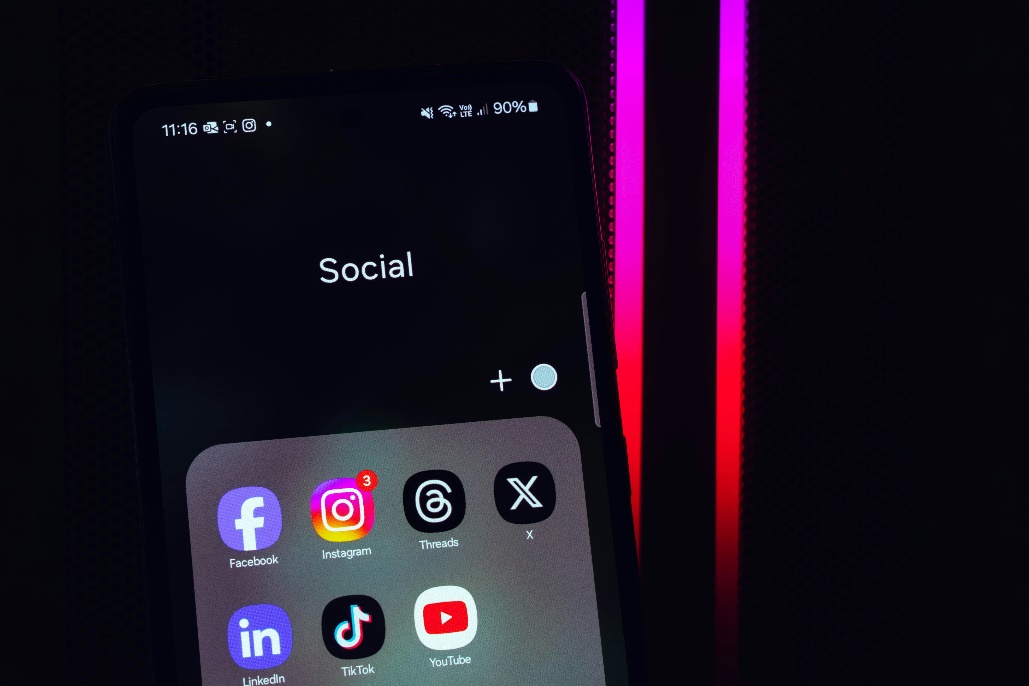Concerns about digital dependence on the US are the talk of the day, but its tone is fatalistic, wrote Evelyn Austin, general director of Bits of Freedom, in an opinion piece in the NRC. Wrongly so: the Netherlands is full of digital talent.

Since Donald Trump's inauguration, our digital autonomy has gripped (part of) the Netherlands. We are at the mercy of Big Tech (true), the US can take us down digitally at any time (likely) and something really needs to be done now (yes!). But while the Lower House is busy meeting, the State Secretary of Defense is on a working visit to Amazon and Microsoft to learn about "bits and bytes," and the Ministry of Justice and Security is organizing citizens' councils this summer about the risks of social media, citing Project X in Haren as an example (no joke). For its part, the City of Amsterdam is sending out a ranting press release about its steps toward digital independence, but those who dive into the plans there read that we may, in part, after explorations and explorations, possibly move away from Big Tech in the future.
It is fatalism at its finest. The Amsterdam plan is the most striking, because of its utter defeatism. "Together with social partners, we [the municipality, that is] are investigating how to reduce dependence on social media platforms and whether we can deploy alternatives, which will still allow us to reach all Amsterdammers."
Can you imagine it, a municipality that does not know where its residents are? The relationship with Big Tech is like an abusive relationship in which the losing party has been led to believe that they cannot do without the other. The press release from the municipality does not inspire decisiveness, but it makes the need to act especially clear. This cannot go on like this.
Wifi was once invented by Cees Links and Vic Hayes, and at the cradle of Bluetooth was Jaap Haartsen. Yep, all Dutch. The first Internet providers shot up here early on, and we have one of the largest Internet hubs in the world. With the rise of the Internet, we in the Netherlands were also quick to pay attention to its social consequences. The Meldpunt Kinderporno and digital rights organizations Bits of Freedom and European Digital Rights were created by the Dutch in a few years in the 1990s and are still leaving their mark on Internet and European technology policy today. Many of the people involved still play important roles in digital Netherlands.
Indeed, in the Netherlands, as cyber expert Marietje Schaake agreed at the annual Big Brother Awards, there are a bizarre number of people actively concerned with the quality and fairness of our online lives. You could see that when we were hit by Covid. Within no time, a government team with the help of outside techies and experts was developing the first corona app. In the process, a critical social coalition guarded the public interest.
Meanwhile, police are rolling up one crypto phone network after another, the .NL domain is one of the most secure domains in the world thanks to the innovativeness of independent domain name manager SIDN, and of the week it was announced that a group of scientists led by TU Delft has taken a major step toward the quantum internet. "Europe and especially the Netherlands are showing things with this operating system that have never happened before in the world," said professor Stephanie Wehner, who leads the team.
Never before in the world! Are you really trying to tell me that all of that is possible, but that our tech entrepreneurs have no way of hosting our email for us? Or that a municipality needs Elon Musk to bring something to the attention of its residents? Thick nonsense.
Last year, the Van Dale incorporated part of the famous saying of the cartoon chick Calimero into the dictionary. "They're big and I'm small and that's not fair." According to editor-in-chief Ton den Boon, the chick has made a "great career in our language" and the three words "I is small" in particular are used with great regularity. Calimero could be the mascot of digital Holland, that's how much we seem to identify with the little chick who always feels smaller than he is.
The Netherlands has the money, the expertise, innovation power, and now the urgency to regain our digital autonomy. Now we need the belief in ourselves to realize that future. A movement with the audacity of Silicon Valley and the public values of the Netherlands. Tech entrepreneur Bert Hubert has already come up with the name: Cloud Kootwijk. Now we need the rest. Get busy!

